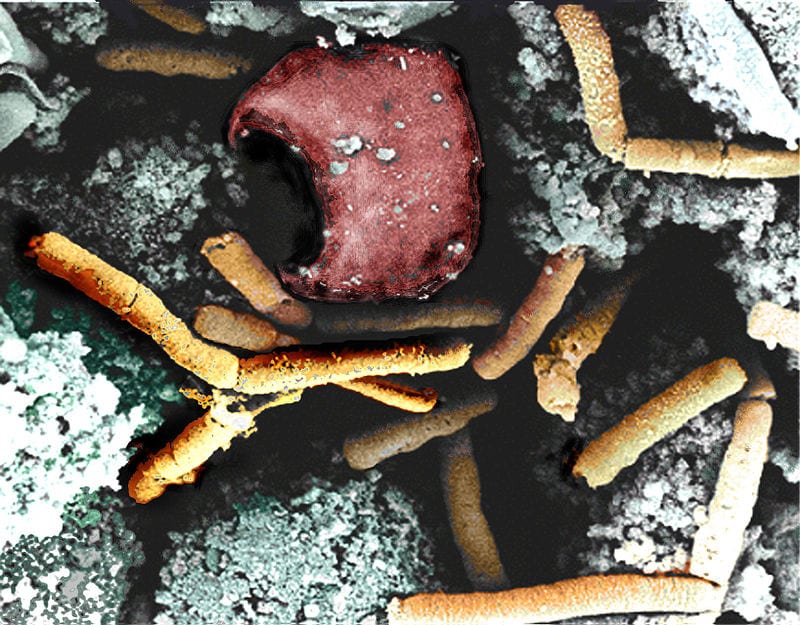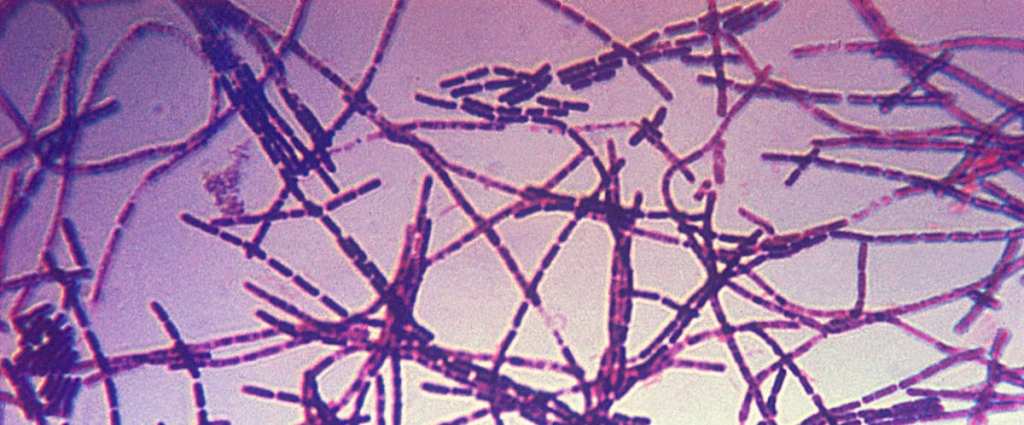You’ve probably read stories by now about how all kinds of nasty, ancient bugs have been hiding in the world’s permafrost, just waiting for the chance to thaw out and continue wreaking havoc. From prehistoric viruses to nuclear fallout, we’ve got plenty to worry about when it comes to climate change.

Image Credit: Pixabay
Now, we can add anthrax-causing spores to the list, because rapid warming in Russia’s Yakutia republic is now putting residents at risk of just that.
In the past 10 years, average temperatures in the area have risen by a whole 2.5 degrees C, causing concerns in many areas, including about the return of “zombie Anthrax.”

Image Credit: Wikipedia
Anthrax is an infectious and potentially deadly illness caused by the bacteria Bacillus anthracis. The bacteria are found naturally in the Earth’s soil and can go dormant when conditions aren’t optimal and then resurface when they are – in the Middle Ages, a field full of livestock would sometimes be found dead from anthrax (thought they didn’t know it), leading people to call them “cursed fields”.
The permafrost in Yakutia provides the perfect state of hibernation for B. anthracis, and it can hibernate safely for more than 100 years.
An unusually warm summer in 2016 saw its return, though, and hundreds of reindeer paid with their lives. One 12-year-old boy also died from the infection and many more were hospitalized. With warming trends continuing, scientists and health officials are looking for the the outbreaks to get worse and more widespread.

Image Credit: Wikipedia
A 2011 study found that anthrax cases caused by thawing permafrost have been occurring for some time, with at least 21 people dying from the bacteria between the years of 1949 and 1996.
Anthrax spores live in the soil all around the world, from Central and South America and sub-Saharan Africa to southwestern Asia, Europe, and the Caribbean, so this potentially deadly problem could start to show up other places as climates continue to change.
It can be treated with antibiotics or prevented with a vaccine, though of course, most people aren’t currently up to date on their shots for diseases that have been frozen and dormant for over a century.
Maybe it’s time to update your records, especially if you’re living in an area hit hard by climate change.






